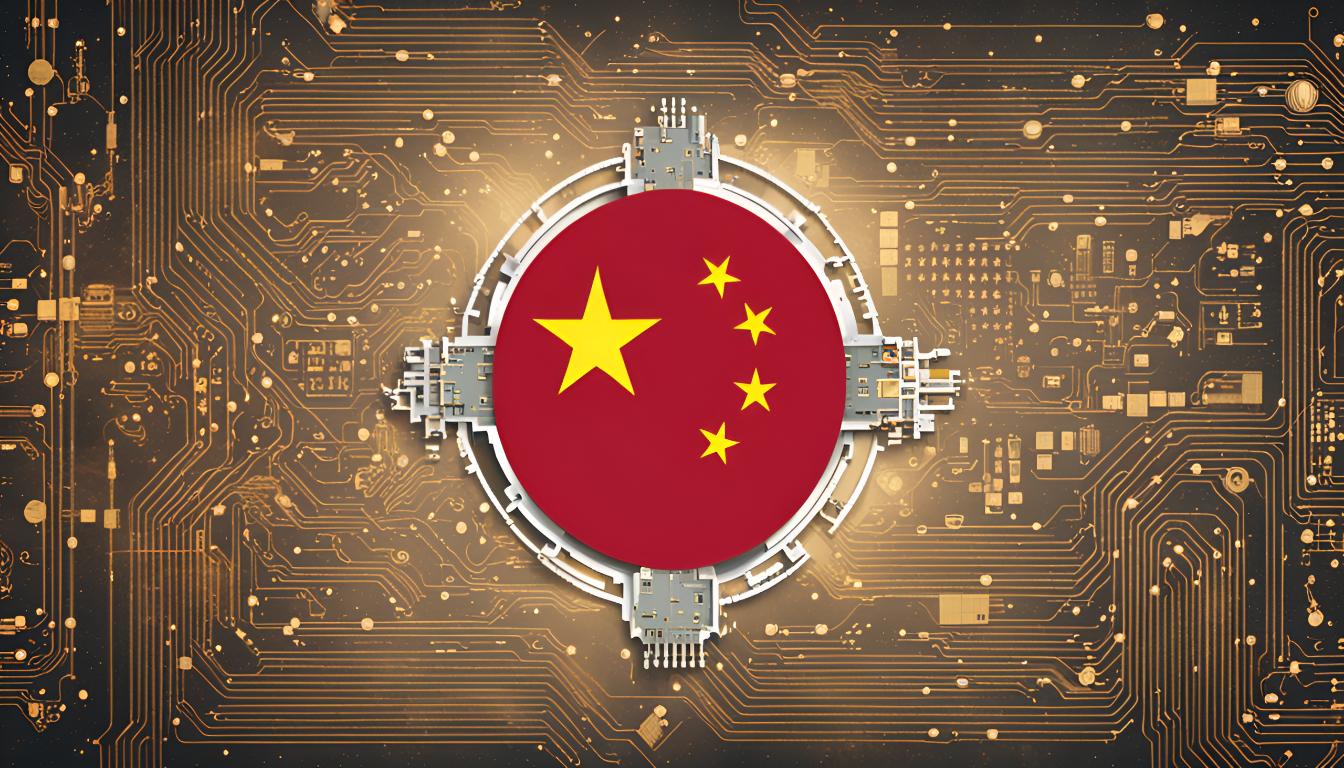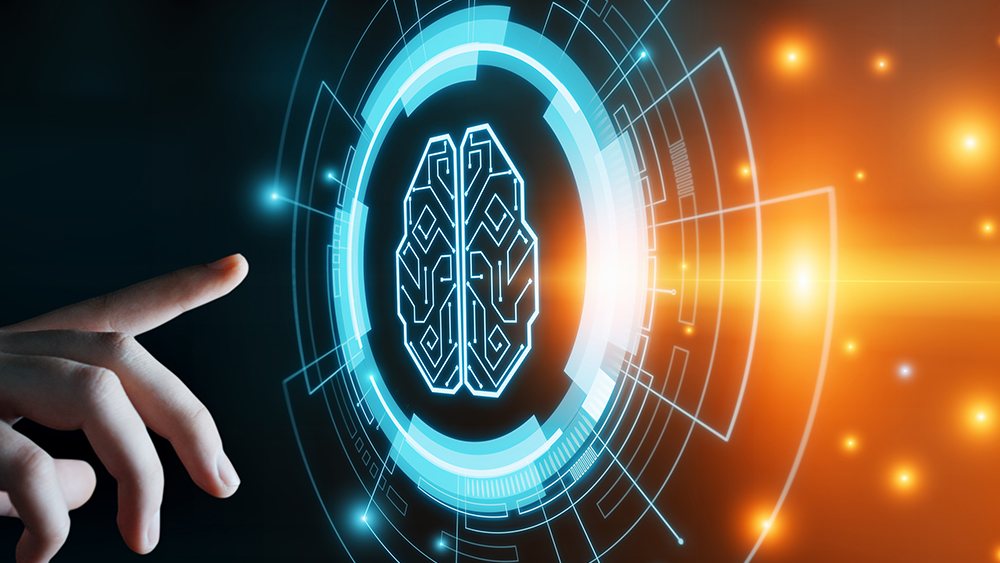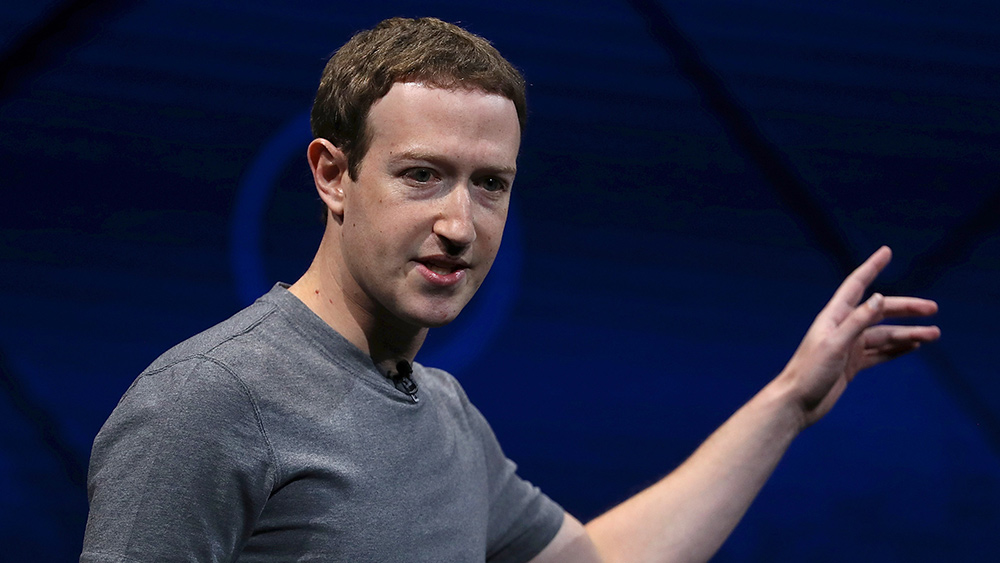
- Meta CEO Mark Zuckerberg publicly admitted to censoring health advocates and alternative voices during the COVID-19 pandemic, sparking widespread debate about free speech and information control.
- Drs. Bryan Ardis, Ed Group, Henry Ealy and Jana Schmidt expressed cautious optimism about Zuckerberg's admission, viewing it as a potential shift toward transparency but remaining skeptical of its sincerity.
- Their discussion with the Health Ranger Mike Adams highlighted the broader issue of censorship across platforms, including AI, with examples showing how centralized systems suppress dissenting voices, particularly those critical of mainstream health narratives.
- Experts emphasized the dangers of misinformation and the need to spread truth to combat disinformation, stressing that personal health choices should be informed by independent research rather than reliance on Big Pharma or government agencies.
- Ardis advocated for individuals to take control of their health through research, prayer and meditation, urging a collective awakening to reject censorship and prioritize access to life-saving information.
In a stunning turn of events, Meta Platforms CEO Mark Zuckerberg has publicly admitted to censoring health advocates and alternative voices during the Wuhan coronavirus (COVID-19) pandemic.
This admission has sent shockwaves through the tech and health communities, raising questions about the future of free speech and the decentralization of knowledge. Is this a genuine shift toward transparency, or merely a calculated move to appease public sentiment?
In a recent "Health Ranger Report" interview on Brighteon.com, Mike Adams, alongside renowned health experts Drs. Bryan Ardis, Ed Group, Henry Ealy and Jana Schmidt or Team AGES, delved into the implications of Zuckerberg's confession and what it means for the future of information sharing.
Zuckerberg's acknowledgment that he was wrong to silence voices like those of Ardis and Schmidt marks a pivotal moment. For years, these experts along with countless others were demonetized, deplatformed and labeled as "misinformation" for challenging mainstream narratives on health, vaccines and natural medicine. (Related: Zuckerberg admits to censoring Americans, Hunter Biden laptop story under Biden-Harris "pressure.")
Ealy, a prominent figure in the health freedom movement, expressed hope that Zuckerberg's admission might signal a genuine change. While skeptical, he said of the Facebook founder: "Let's hope God got in him, and he's been enlightened. I'll believe it when I see it."
Schmidt echoed this sentiment, comparing Zuckerberg's statement to something out of the satirical Babylon Bee. She remarked: "I'm skeptic and we'll tread lightly. I'm hopeful sometimes people jump on the bandwagon of what's popular, and it seems like that's what he's doing."
The battle against censorship
The conversation quickly turned to the broader implications of censorship not just on social media but across all platforms, including artificial intelligence (AI). In line with this, Adams shared a troubling example.
When he asked an AI engine to draft an article criticizing the pharmaceutical industry, the system refused, citing discomfort with the topic. In contrast, a Chinese AI engine completed the task without hesitation. This disparity highlights the ongoing challenges of centralized control over information.
Group, a veteran in the natural health space, emphasized the importance of truth in combating misinformation.
"The biggest and most dangerous weapon against humanity isn't war, nuclear weapons or pandemics—it's information, disinformation, non-truth," Group said while adding that the only way to fight back against it is by spreading the truth and un-brainwashing people.
Ardis, the executive producer of the Healing for the AGES conference, emphasized the importance of free speech and criticized the censorship faced by truth-seekers like Adams and Group, who have battled misinformation and threats for over 20 years.
He expressed cautious optimism about Zuckerberg's announcement to reduce fact-checking and promote community-driven information sharing, voicing out worries it might lead to isolation or segregation of information. He stressed that personal health is determined by individual choices, not reliance on Big Pharma or government agencies.
"Your health is totally dictated by your own personal choices, and as long as we are censored from getting that lifesaving, life altering, shifting information to people, then it's a massive uphill climb," Ardis said.
Ardis advocates for people to take control of their health by researching, praying and meditating to find what works best for them and their families, rather than depending on external systems or medications. He also called for a collective awakening to prioritize personal responsibility and reject censorship that blocks access to life-saving information.
Follow Censorship.news for more news about the censorship happening in America.
Watch Jesse Waters of Fox News commenting on Mark Zuckerberg's remarks about the days of censorship being over in this clip.
This video is from the NewsClips channel on Brighteon.com.
More related stories:
Sources include:
Please contact us for more information.




















